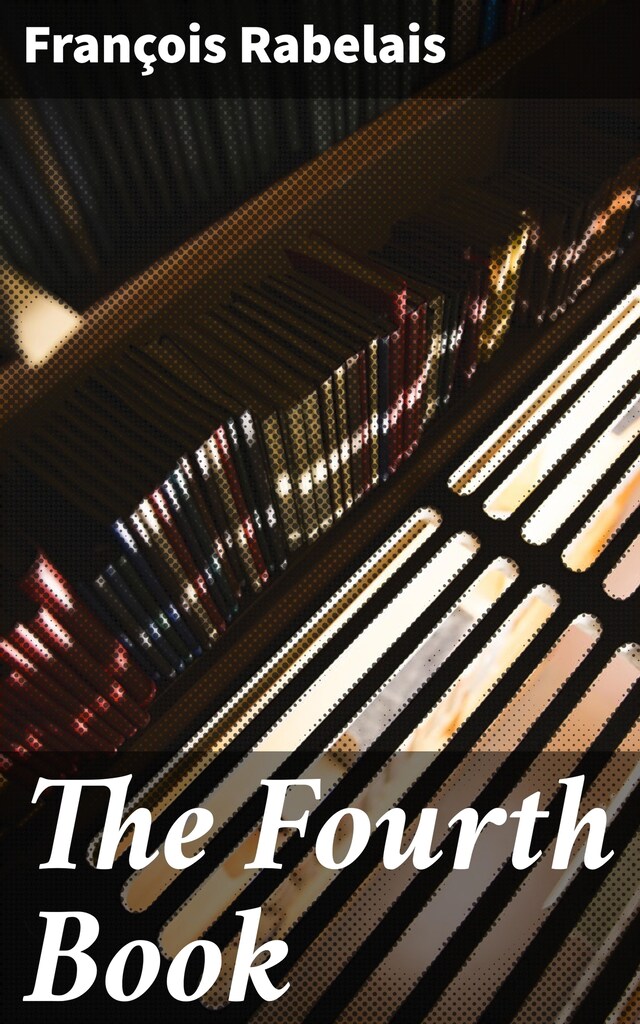
The Fourth Book
Exploring Humor and Satire in Renaissance Literature
Description of the book
In "The Fourth Book," Fran√ßois Rabelais continues the exuberant and fantastical adventures of Gargantua and Pantagruel, crafting a narrative rich in satirical commentary and playful language. The novel is characterized by its distinctive blend of humor, philosophical inquiry, and scholarly wit, exploring themes of humanism, the nature of knowledge, and the absurdity of societal norms. Rabelais employs a vibrant literary style marked by a fusion of erudition and irreverence, drawing inspiration from classical texts while engaging with contemporary issues of the early Renaissance. The intermingling of the grotesque and the sublime reflects Rabelais's deep engagement with the complexities of the human experience, making this work not only entertaining but also a profound commentary on the human condition. Fran√ßois Rabelais, a physician and humanist, drew on his extensive education and experiences in the tumultuous context of 16th-century France to create this seminal work. His interest in the relationship between medicine, education, and society immersed him in the intellectual currents of his time, particularly in the revival of classical thought. Rabelais's unique position allowed him to question authority and champion human potential through the lens of his fantastical narratives, inviting readers to contemplate their place in the world. Readers seeking a blend of humor, philosophy, and social critique will find "The Fourth Book" an essential addition to their literary repertoire. Rabelais'Äôs provocative explorations challenge conventional wisdom and encourage a playful introspection that resonates through the ages. For those fascinated by the intricacies of human nature and the joys of literary play, this work remains a timeless treasure.
 François Rabelais
François Rabelais 208 Pages
208 Pages